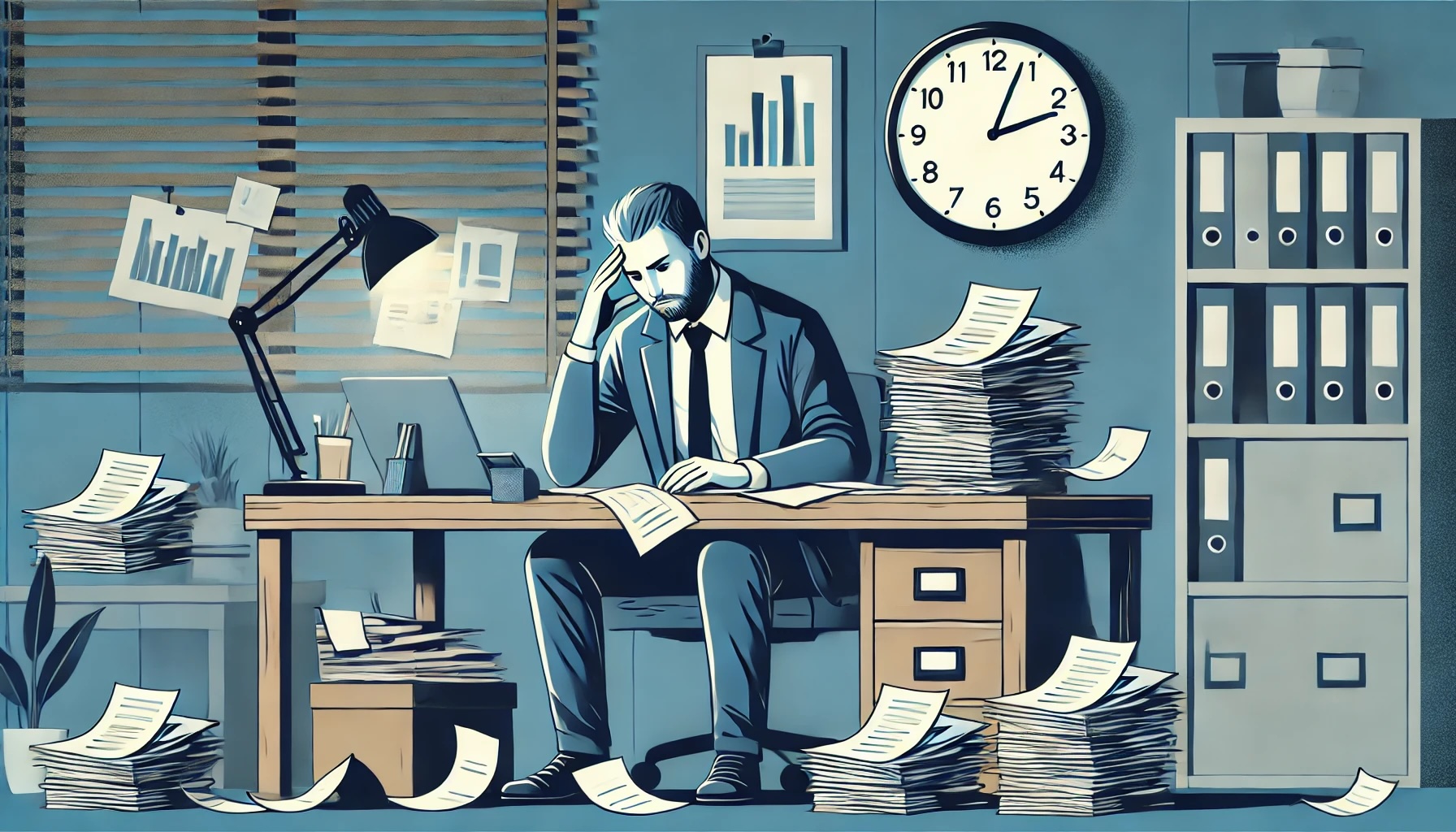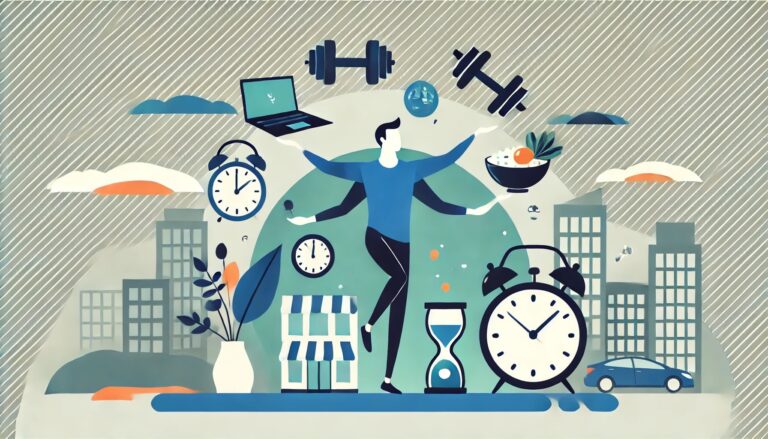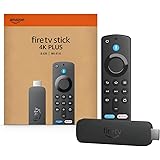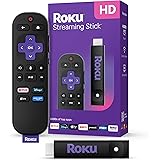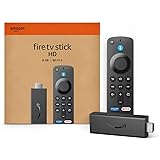Workplace stress is an unavoidable part of modern professional life. From heavy workloads and complex interpersonal relationships to anxieties about career progression, almost everyone faces significant psychological pressures at some point in their career. While moderate stress can be a motivator, excessive stress can severely impact mental health, physical well-being, and job performance if not effectively managed.
Managing stress effectively not only improves workplace performance but also enhances overall quality of life, allowing you to maintain balance and health amidst a busy professional environment. This article explores the main sources of workplace stress, its impact on mental health, practical strategies to manage it, and recommended stress-relief products to help you thrive in your career with a healthier mindset.
Main Sources of Workplace Stress
Excessive Workload
In the workplace, excessive tasks and tight deadlines are common sources of stress. Prolonged periods of overwork can leave individuals physically and mentally exhausted, often leading to burnout. When tasks are complex and lack clear objectives, stress levels can escalate further.
Interpersonal Relationship Challenges
Relationships with colleagues, supervisors, or clients can often be a significant source of workplace stress. Poor communication, misunderstandings, and team conflicts can lead to emotional strain, affecting both personal well-being and team efficiency.
Lack of Autonomy
Feeling a lack of control over one’s work is another common stressor. When employees are unable to independently decide how to approach tasks or manage their time, it can lead to feelings of helplessness and anxiety, exacerbating workplace stress.
Career Development Uncertainty
Uncertainty about career advancement can leave individuals feeling pressured. Whether it’s a lack of promotion opportunities or self-doubt about one’s abilities, these uncertainties contribute to mental unrest and stress.
Work-Life Imbalance
The high-intensity work modes of modern workplaces often make it difficult to balance personal and professional life. When work encroaches on time meant for rest or family, personal relationships and life satisfaction can suffer, increasing psychological fatigue.
Impacts of Workplace Stress
On Mental Health
Unmanaged stress can significantly affect mental health, leading to conditions such as anxiety and depression. Prolonged exposure to stress can also result in burnout, where individuals lose motivation and enthusiasm for their work.
On Physical Health
Stress isn’t just a psychological issue—it directly impacts physical health. Sleep disturbances such as insomnia or poor sleep quality are common stress-related symptoms. Long-term stress is also linked to chronic conditions like high blood pressure, heart disease, and a weakened immune system.
On Job Performance
Excessive stress can impair focus and reduce productivity. People under significant pressure are more likely to make mistakes and lose concentration on critical tasks. Moreover, stress can strain relationships with colleagues or supervisors, negatively impacting teamwork and overall workplace performance.
Understanding the consequences of stress can help emphasize the importance of mental health and encourage proactive measures to tackle workplace challenges.
Practical Strategies for Managing Stress
Time Management
Effective time management is a cornerstone of stress reduction in the workplace. Using tools such as Trello or Notion to create task lists and prioritize work can help streamline processes and ensure that critical tasks are completed first. The key is to set realistic goals and break large tasks into smaller, manageable steps to reduce anxiety while achieving a sense of accomplishment.
Healthy Lifestyle
A healthy lifestyle forms the foundation for stress management. Prioritize quality sleep by aiming for 7–8 hours each night, as adequate rest can significantly enhance mental resilience.
Balanced nutrition is equally essential. Incorporate foods rich in vitamins and minerals, such as fruits, nuts, and whole grains, to strengthen your body’s ability to cope with stress. Regular exercise also plays a crucial role. Engage in aerobic activities such as running, yoga, or swimming 3–4 times a week to release tension and promote endorphin production, which boosts mood and relaxation.
Communication and Collaboration
Building positive communication habits can significantly reduce workplace stress. Open and honest conversations with colleagues or supervisors can help resolve misunderstandings and conflicts, creating a more relaxed work environment. When conflicts arise, addressing them calmly and collaboratively can alleviate interpersonal stress and enhance team efficiency.
Meditation and Relaxation Techniques
Meditation and deep breathing exercises are highly effective in quickly alleviating stress. Spending just 10 minutes daily practicing deep breathing can significantly reduce anxiety and improve focus. Apps like Headspace and Calm offer guided sessions for beginners and experienced users alike.
Seeking Professional Help
If stress persists and becomes overwhelming, seeking professional psychological support is a wise decision. Psychologists can provide personalized guidance to help restore mental balance and regain control of your workplace experience.
Recommended Stress-Relief Products
Meditation and Relaxation
• Headspace App: Offers scientifically backed meditation and relaxation programs, ideal for reducing anxiety and improving focus.
• Calm App: Specializes in sleep and stress relief, featuring soothing music and guided meditation exercises tailored for busy professionals.
Healthy Living
• Fitness Trackers (e.g., Fitbit, Apple Watch): Track your sleep, heart rate, and physical activity to better understand your health and manage stress effectively.
• Aromatherapy Oils: Scents like lavender, lemon, or rosemary can help ease tension and improve sleep quality.
Physical Relaxation
• Massage Chairs or Mats: Relieve tension in your shoulders and back, providing effective physical relaxation at home or in the office.
• Stress Balls: Compact and portable, stress balls allow you to release tension by squeezing, while also exercising hand muscles.
Time Management Tools
• Trello: A task management tool to help users organize and track progress on work goals.
• Notion: A comprehensive note-taking and collaboration platform suitable for personal and team productivity.
Conclusion
Workplace stress is inevitable, but with effective strategies, its negative impact can be minimized. From time management and healthy lifestyle choices to professional meditation tools and psychological counseling, every effort contributes to a more balanced and fulfilling work experience.
Try incorporating the recommended stress-relief products into your routine to support your mental well-being and embrace a healthier professional life.

